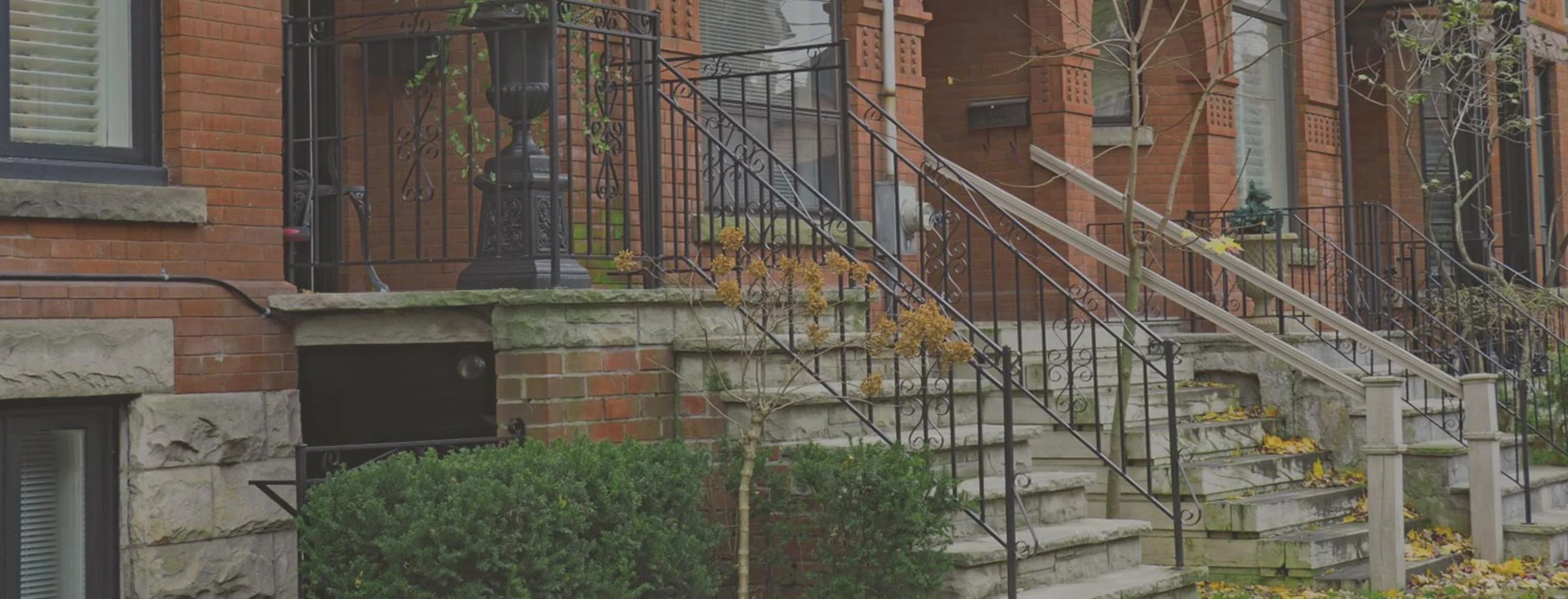
Doctor's Hours
Monday - Friday: 8:00 AM - 7:30 PM
Saturday: Closed
Sunday: Closed
Clinic Hours
Monday - Friday: 7:00 AM - 8:00 PM
Saturday: Closed
Sunday: Closed
Daycare Hours
Monday - Friday
Drop-off: 7am
Pickup: 7pm
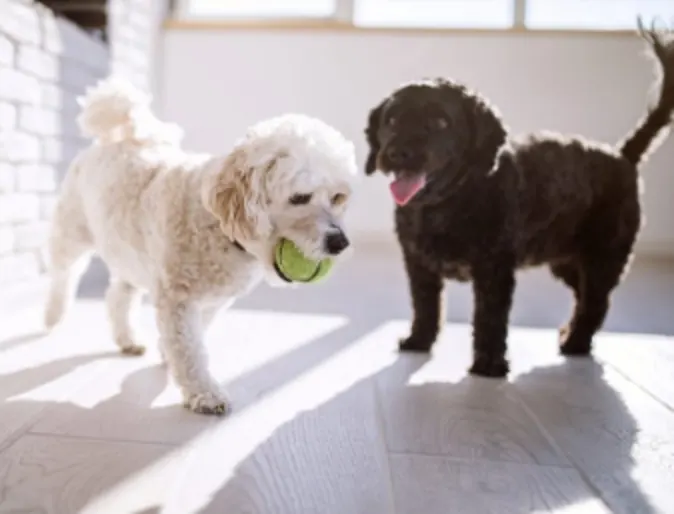
Daycare
Need to keep your playful canine busy while you're away at work? We offer dog daycare where pups can socialize, play, and get the most out of their day.

Grooming
Making your pet look pretty has its benefits, like keeping their coat clean and soft and preventing dandruff, parasites, mites, and more!
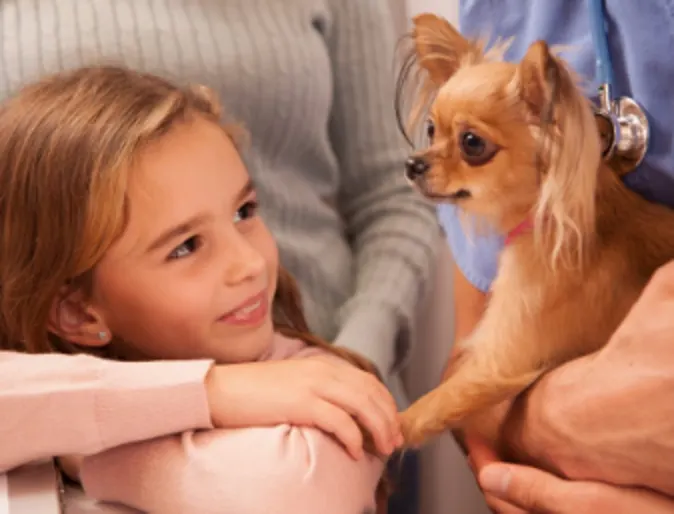
Wellness Care
With routine wellness exams, lab workups, vaccinations, and parasite prevention, your pet can enjoy excellent lifelong health and consistent protection from disease.


Full-Service Vet in Wrigleyville, Chicago: We Have It All
Virtually every service your pet needs is provided under our roof, from general wellness medicine and dentistry to grooming and dog daycare. We also offer extended hours and appointments, because we want to give your pet our full attention.
Plus, we offer the convenience of “full service” visits: Drop off your pet in the morning for a relaxing stay at our pet resort. We’ll then take care of their exam, vaccinations, grooming, and anything else they need while you’re at the game or at work.
Wellness Care • Vaccinations • Dental Care • Surgery • Dog Daycare • Grooming • And more!
Client Reviews & Testimonials
We at Wrigleyville Veterinary Center have been dedicated to providing quality veterinary care to the Chicago, IL community since 2018. We strive to treat your pets with the same care and compassion as if they were our own.
We love Wrigleyville Vet! We were recommended by our neighbor, and I’m glad we switched!
Chloe loves coming here! She is very comfortable, loves all the staff, and they always take good care of us. They are great listeners and very empathetic to you and your pet’s needs.
They are always available to answer any questions, and are always willing to make sure your pet gets seen, even if they are busy. We’ve even had a doctor call us well past open hours because they cared so much about sharing our test results and wanted to explain in detail the results.
Anna R.
5 stars from the moment I called to make my first appt.
The front desk staff are the kindest, most patient, accommodating, and helpful people I have ever spoken with in any healthcare setting.
Special shout out to Haley and Jackie. Dr. Ken took great care of my dog. Overall - we had the best experience at Wrigleyville Vet Center!
Liz D.
The team at Wrigleyville Vet is very professional, knowledgeable, and kind.
Piper started peeing blood and I had not yet found a new vet since moving to the city. I called WVC and not only did they get me in within 24 hours but also reassured me I didn’t need to go to an emergency vet, saving me a potentially hefty bill.
If you’re looking for a new vet in the area, I highly recommend WVC. The care Piper received was timely, gentle, and affordable. Piper is already on the mend today after being prescribed some antibiotics. Thank you WVC!
Rachel N.
CHECK OUR OUR RECENT BLOG POSTS
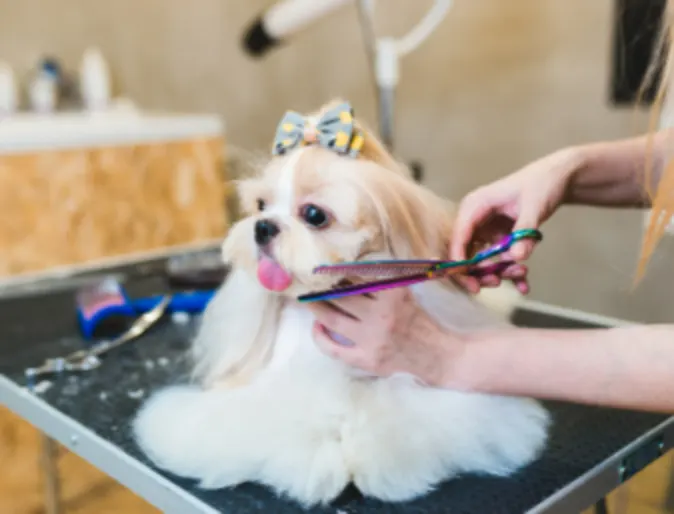
10 BENEFITS OF DOG GROOMING IN CHICAGO
You do what you can to keep your dog healthy, but a second set of eyes is helpful. If that doesn’t convince you to start taking your dog to a groomer, check out these 10 benefits of dog grooming.
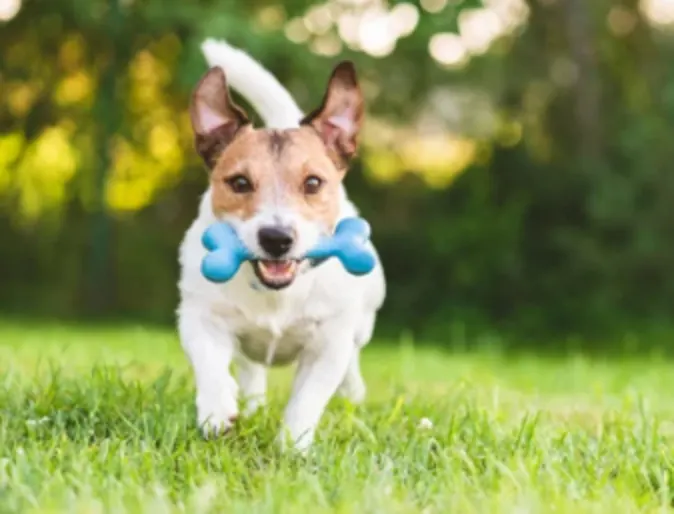
THE BEST DOG PARKS IN CHICAGO
A dog park is an excellent place for you and your dog to relax and have some fun. Some of the best dog parks in Chicago…

WHY IS MY DOG'S POOP YELLOW IN CHICAGO?
Why is My Dog’s Poop Yellow in Chicago? It may sound gross, but part of being a pet parent is observing your dog’s poop to ensure there is nothing remarkable about it. If you see changes in the color...
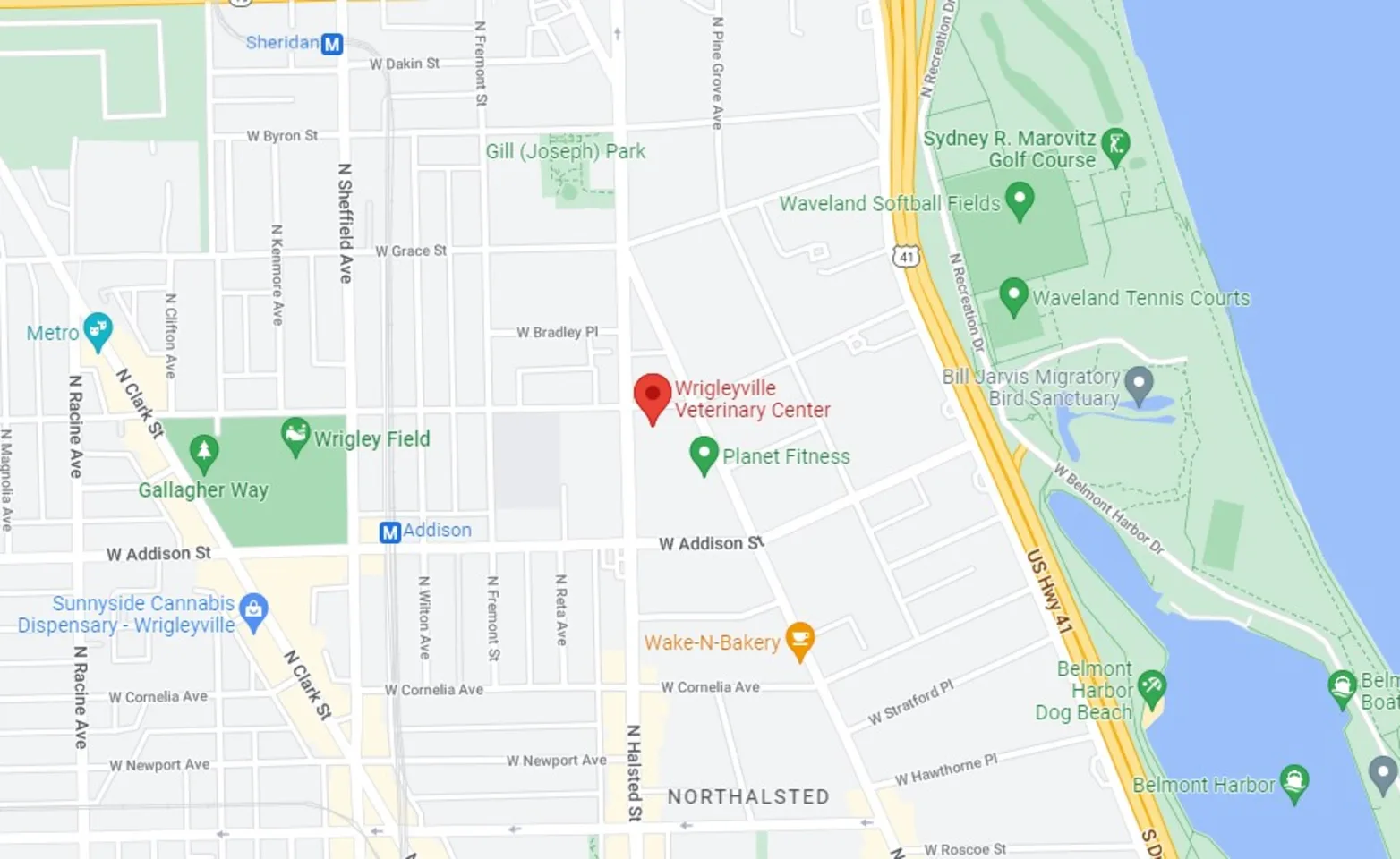
WHERE TO FIND US
3651 N Halsted Chicago, IL 60613
DOCTOR'S HOURS:
Monday - Friday 8:00 AM - 7:30 PM
Saturday Closed
Sunday Closed
CLINIC HOURS:
Monday - Friday 7:00 AM - 8:00 PM
Saturday Closed
Sunday Closed
